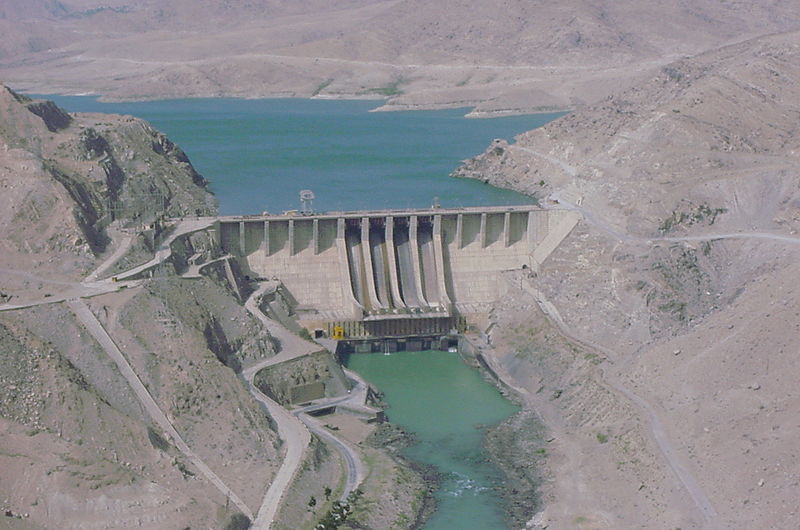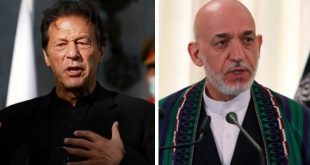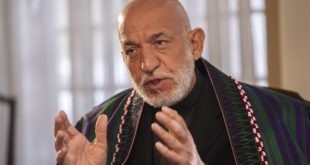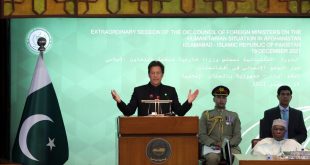This region is locked in a perpetual state of conflict. This conflict has been ensued by some unsettled disputes over lands, and water resources. The problem is the rights of small nations that are being usurped and whenever the small nations ask for their rights, regional tensions erupt. For instance, when it comes to Afghanistan and Pakistan there is the unsettled dispute of Durand Line. When it comes to Pakistan and India there is the unsettled dispute over a territorial chunk and the bilateral relations of the two countries are strained. When it comes to Afghanistan and Iran there is water-dispute. This dispute was raked up by Iran’s Foreign Minister Dr. Zarif the other day when he said his ministry urges efforts to take into consideration Iran-Afghanistan water disputes over Helmand River, a main cause of frustration between the two countries especially in recent decades.
He said that the issue of Iran’s water right and sharing of the Helmand River is one of the main demands of the Iran during talks with Afghanistan. He also said the provisions of Afghan-Iran water treaty of 1973 are being enforced inadequately and inconsistently by successive Afghan governments. Before hurling any such statement it was a must that he must have said it in a joint press conference in the presence of his Afghan counterpart. Then Iranians would have seen the official feedback of Kabul. Trust deficit and mistrust stem from such statements. As a matter of fact, Iran has been utilizing its water share what has been ensured in the 1973 water treaty between Kabul and Tehran. If by accidents there is drought, then yes, Afghanistan needs to reverse its implications and Iran doesn’t get enough water. Nevertheless it doesn’t mean Afghanistan usurps the water. Afghanistan is not a country that usurps others’ resources rather others have been usurping its lands and resources. Afghanistan is a victim of regional and international conspiracies. It is still caught in the web. It is trying harder to come out of the web but cannot. The more it tries the more it is caught. Being in the midst of a spiraling conflict and at the same time rebuilding, it is very much challenging to form a trilateral commission between Iran, Afghanistan and Tajikistan as Iran has been repeatedly trying to negotiate the status of the Helmand River, Farah Rud, and Hari Rud. Currently, Afghanistan lacks not only expertise, but data, capacity and is also riled by domestic challenges, which is why it has demurred to be part of any commission. Though, it was during the former president Hamid Karzai’s government that Afghanistan came up with such a response, the new government must think over how to deal with the issue of waters. At the same time, the current government must take up the issue of Iranian-made explosives and ammunitions which were found in the premises of Bakhshabad Dam in Farah Province in March 2009, and Iran still continues to attempt to disrupt the dam project. Any water-related projects in Afghanistan must note the water needs of the country’s neighbors and the rights ensured by international law, bilateral treaties, and state practices on the use of water from shared basins. If Iran feels that Afghanistan lacks capacity, then it must come to the fore as it has data collections and expertise that could be shared and could prove useful to both countries, but by sending in explosives and sabotaging the already poor development infrastructure is not only unfair but it can potentially damage the bilateral ties, which unfortunately will push Afghanistan into more troubles.
 Afghanistan Times
Afghanistan Times




